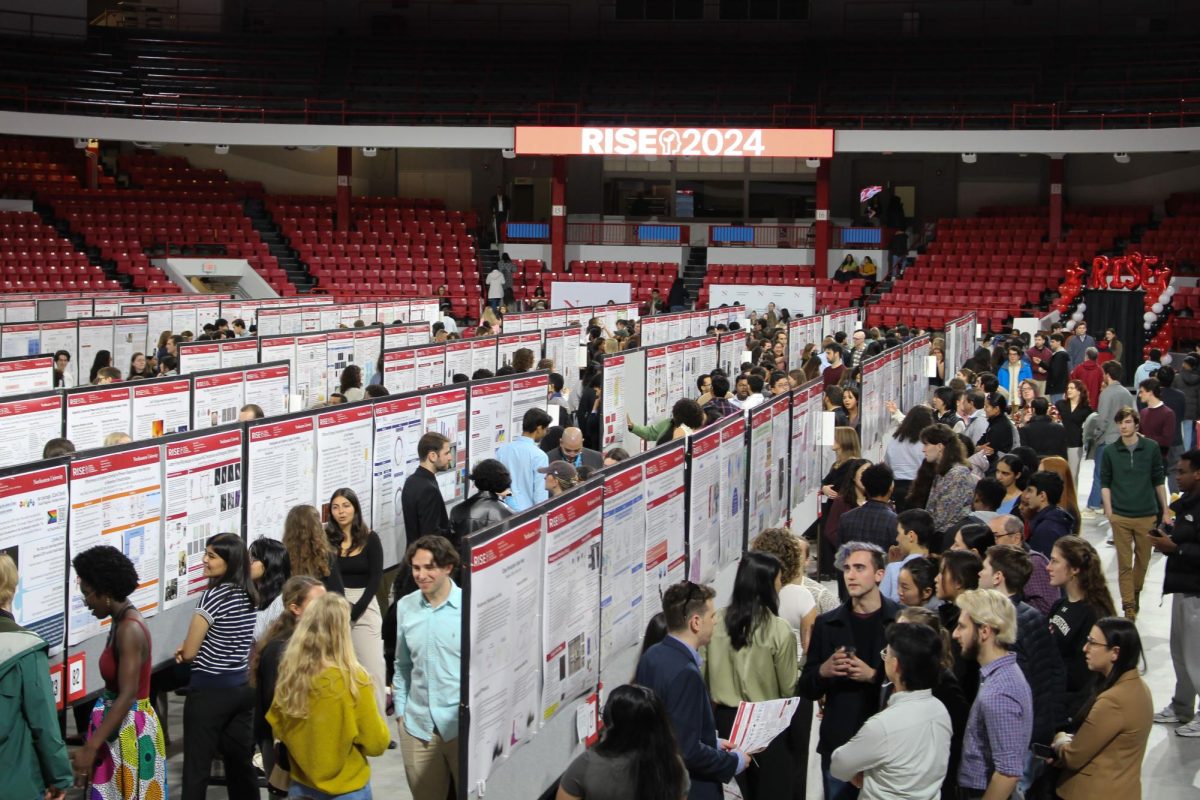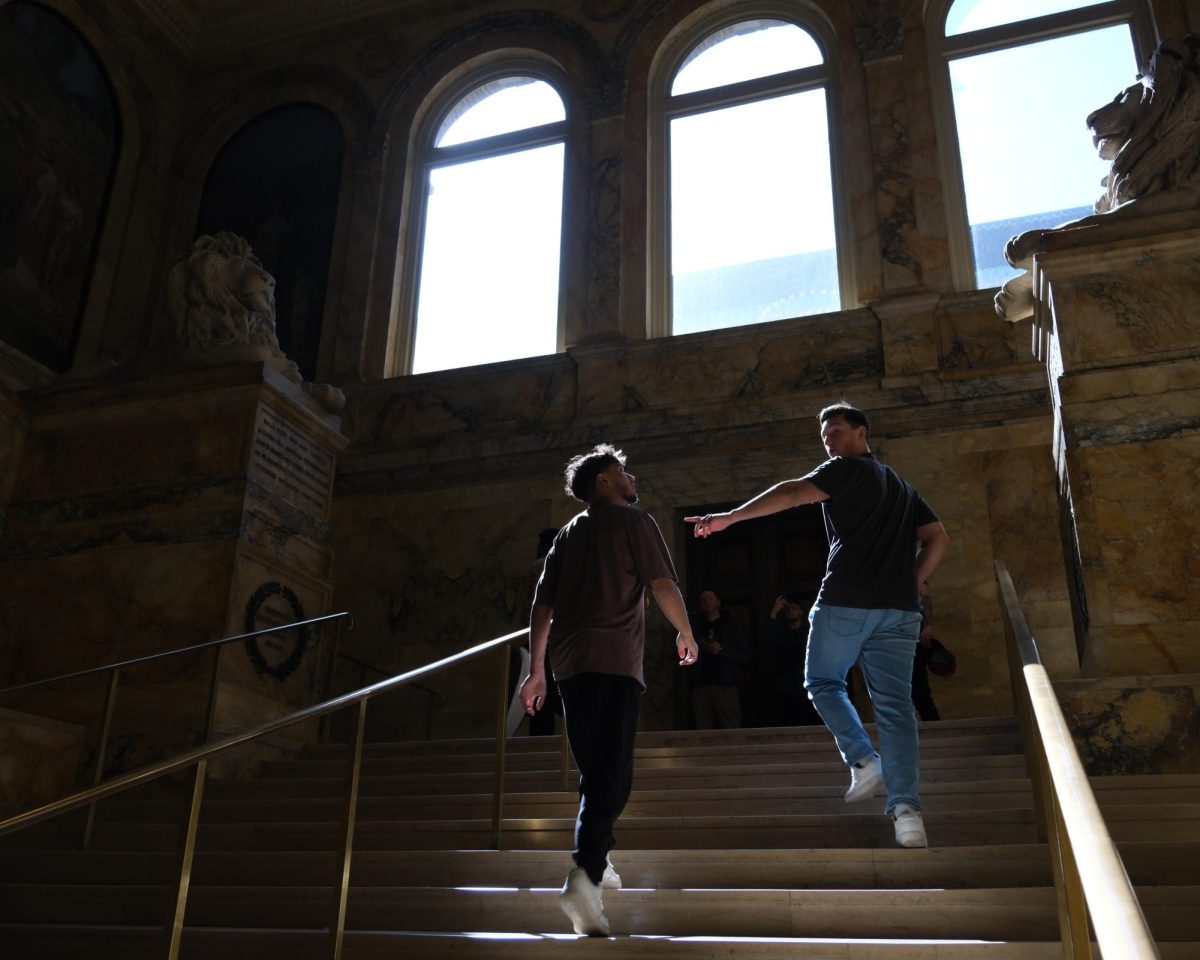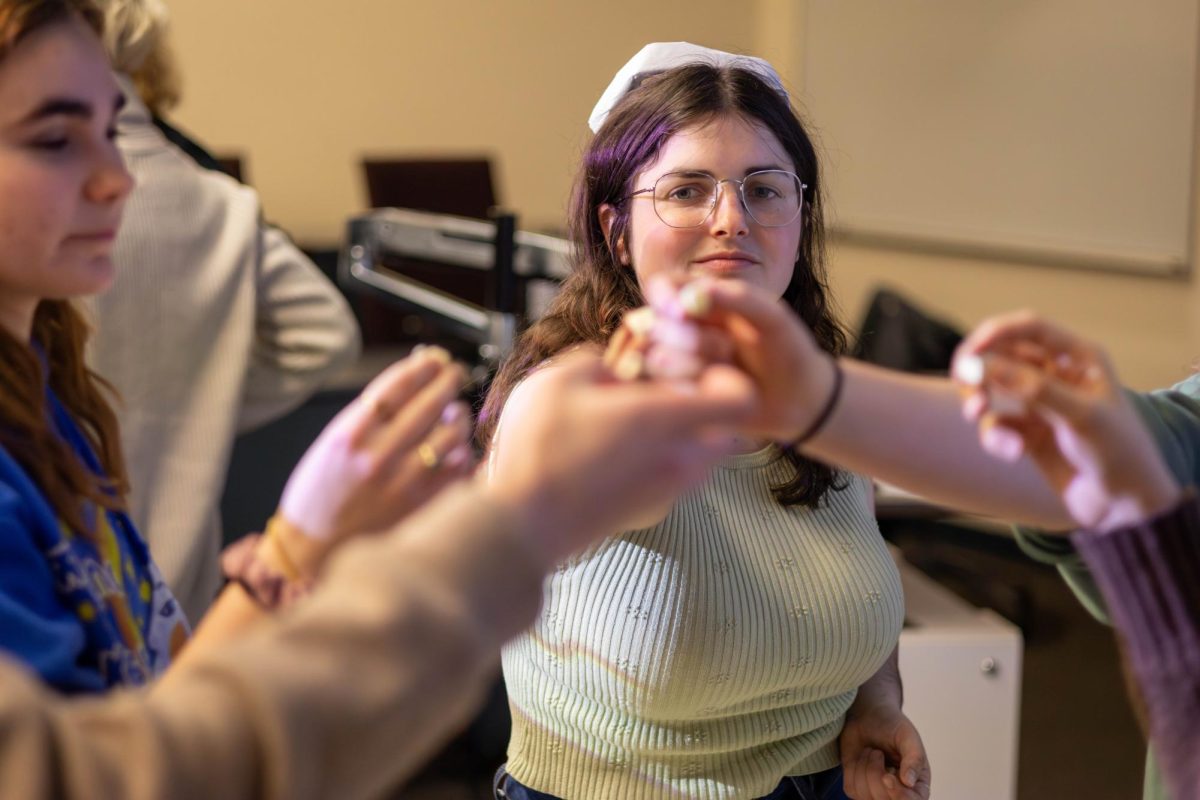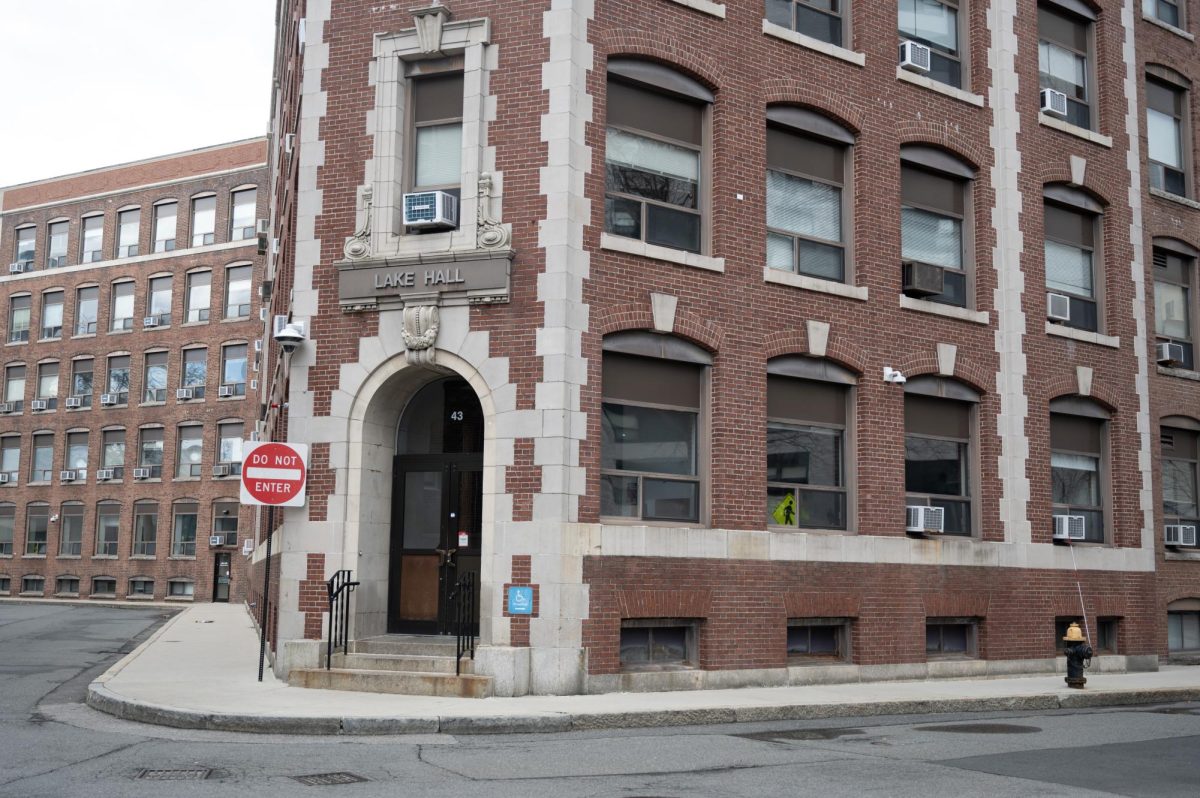
By Amanda Hoover, deputy news editor
Prior to being sworn in as Massachusetts Governor last week, Charlie Baker selected Deborah Ramirez, a professor at Northeastern Law School, to serve as a member of his transition team. Alongside more than 170 bipartisan experts and professionals from around the state, Ramirez will work to develop action-oriented recommendations to the new governor as he takes office.
Ramirez willsiton the Safer, Stronger Communities Transition Group, one of seven groups in the transition team, along with over 30 other professionals from across the state. Lieutenant Governor Karyn Polito will chair the transition team, which is designed to assist the governor in developing policies and creating a smooth segue into the State House.
“Depending on how you put them together, they can be extremely helpful politically,” said Michael Dukakis, former Massachusetts governor and a professor of political science at Northeastern. “You want to bring people in that represent a good cross section of the community. You pull together a group of folks and I would organize these groups as part of the campaign so that they were both advising me on policy and reaching out to constituents and trying to bring them to the campaign.”
Originally from Evanston, Ill., Ramirez studied political science and economics at Northwestern University from 1973-1977. She came to Massachusetts to attend Harvard Law School, graduating in 1981. She has served as a member of the Northeastern Law School faculty since 1989.
“The dream of every professor is that the words that you speak in the classroom and the things that you teach your students, they will take them into the world and use them to make the world a better place,” said Ramirez.
Ramirez began her career working for the Massachusetts Superior Court before becoming a litigation associate for Hale & Dorr, an international law firm founded in Boston. There, she practiced general commercial, product liability and malpractice law. From 1984-1989, she served as an assistant US attorney on the Organized Crime Drug Task Force unit.
“I had many years of litigating cases there and that sort of set the background and tone for my work as professor,” Ramirez said.
Since Ramirez brought that experience to Northeastern 25 years ago, she has taught courses in criminal justice and criminal procedure. The school’s commitment to social justice and the real world experience of co-op drew her to the institution.
Since joining the faculty, she has focused on criminal justice and criminal procedure with relation to race. Her areas of expertise include criminal and race law.
“I think she had a great way of captivating the imagination of aspiring attorneys,” said Rahsaan Hall, a former student of Ramirez who now works as a civil rights attorney at the Lawyer’s Committee for Civil Rights and Economic Justice.
Hall first met Ramirez during his first year of law school at Northeastern in 1995. Today, he sits as a member on the advisory board of Justice Bridge and has participated in panel discussions held by Ramirez.
“She was not hesitant reluctant to address issues that touched on social justice and racial justice concerns in the criminal justice system. To hear that coming from a professor was very meaningful to me,” Hall said. “I think the passion with which she conveying the subject matter and the implications of the law and the decisions on marginalized communities was very compelling.”
Following 9/11, Ramirez’s work has led her to explore race relations and seek community solutions in order to counter terrorism. She founded the Partnering for Prevention and Community Safety Initiative, which sought to connect Muslim and Arab communities within the United States to law enforcement officials. By making these connections, Ramirez believes that communities and law enforcement can work together to proactively prevent future terrorist activity and build positive relationships between officials and the communities they serve.
Recently, Ramirez founded Justice Bridge, an incubator firm that seeks to make legal services more available and affordable to clients of average means while also providing career opportunities for recent law school graduates.
“Everyone’s saying that there are too many lawyers, but I think that’s not the problem. There is a mismatch in the workplace,” Ramirez said. “The goal [of Justice Bridge] is to create excellent, virtual lawyers who can represent modest means clients at low hourly fees at some arrangement.”
The firm opened its office last July with 10 attorneys and has processed 350 cases to date.
“She is passionate, tireless and has enormous energy and an absolute passion for access to justice and helping people,” Len Zandrow, the executive director of Justice Bridge, said.
Zandrow and Ramirez first met while working in the Massachusetts Superior Court 30 years ago. Together, they worked to develop the concept behind Justice Bridge and provide recent graduates with the tools to launch successful solo or small practice careers.
“I think when you’re talking about agents of change – and I would describe her as an agent of change – you’re going to run into traditional barriers of reluctance to make change. She overcame them by persistence and a devotion to the cause,”Zandrow said.
In September of 2014, Ramirez’s work with race and criminal justice in conjunction with recent events in Ferguson, Mo. inspired her to hold a panel at Harvard University on police-related issues and unrest that followed the events.
“Getting young people who are about to start their career early on [to attend the panel] is instrumental not just for their career purposes, but for our society’s purposes,” Dan Linskey, former Boston Police Department chief and a panelist at the Harvard University discussion, said. “I think [Ramirez] has been on the forefront to help identify that while racial profiling might not go with the intent to do racial profiling, there can be some bias.”
Ramirez plans to bring the panel to Northeastern this February.
“We want to focus broadly on how these racial disparities emerge and most importantly, this panel is about solutions,”Ramirez said. “We have to create a roadmap and know where we’re marching to and what we’re marching for. Otherwise, we’re just marching in circles.”
Photo courtesy Deborah Ramirez



















